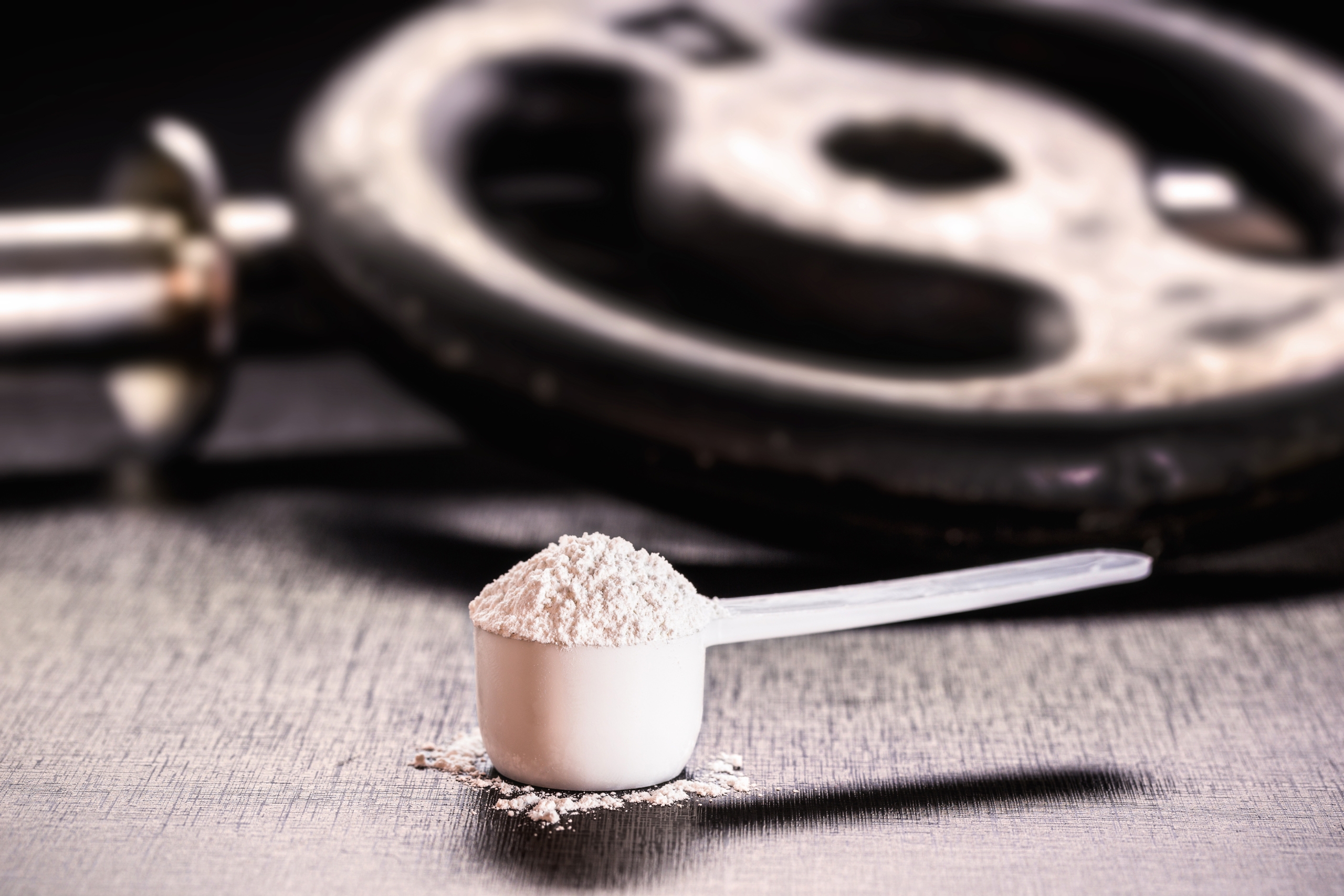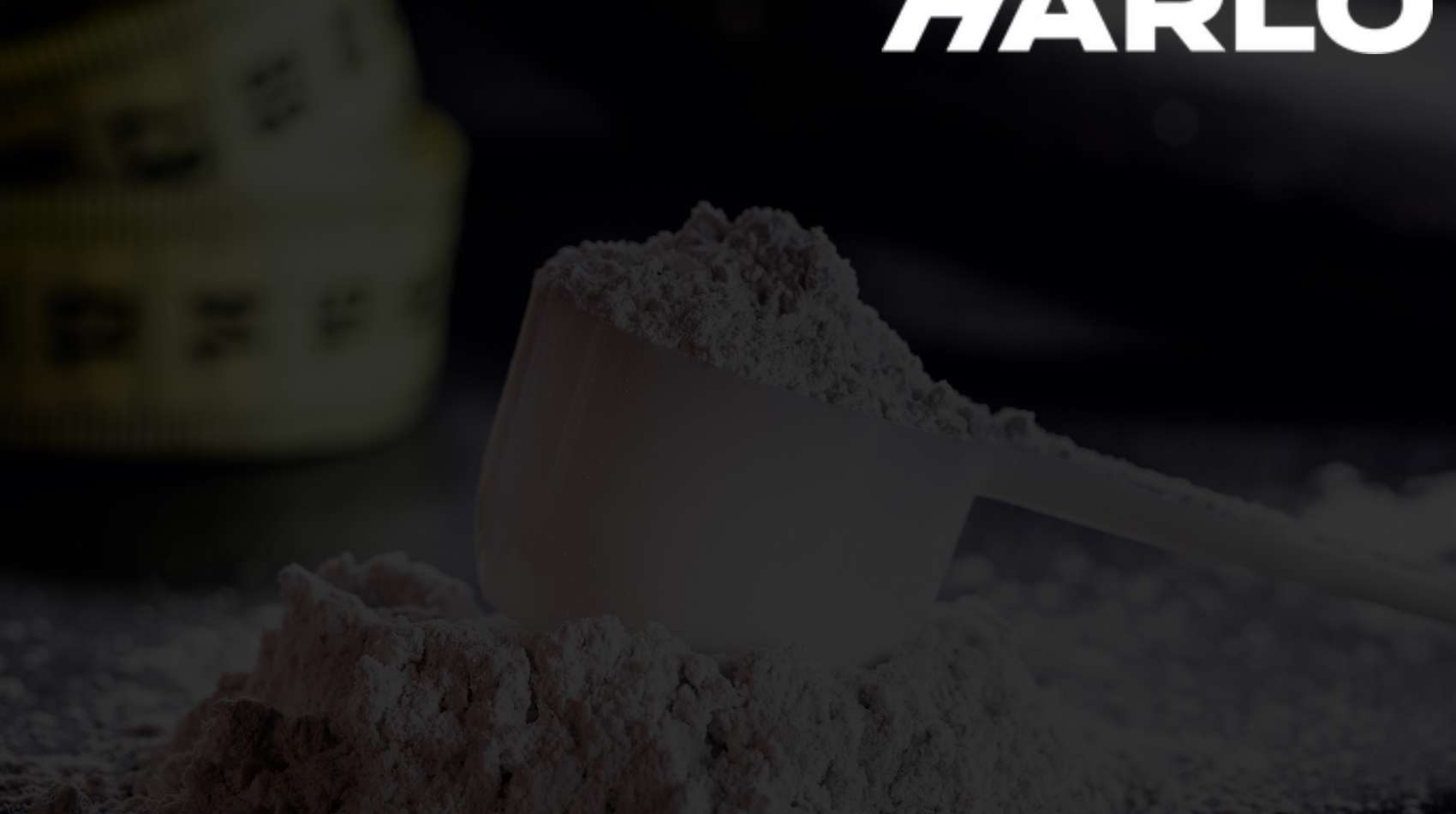Have you ever wondered what creatine powder is used for and how it can benefit your fitness goals? Creatine is a popular supplement in the fitness industry, but many people are unsure of its purpose and how it can help them achieve their desired results.
Creatine is a natural substance found in muscle cells that helps produce energy during high-intensity workouts. Many athletes and fitness enthusiasts use creatine powder as a way to increase their strength, improve their performance, and build muscle mass.
If you are new to the world of fitness supplements, understanding the benefits and uses of creatine powder can help you make informed decisions about incorporating it into your workout routine.
What is Creatine?
Creatine is a naturally occurring substance found in the body, predominantly in the muscles and brain. It is derived from amino acids – glycine, methionine, and arginine – and is synthesized by the liver, pancreas, and kidneys. Approximately 95% of the body’s creatine is stored in skeletal muscles, while the remaining 5% is distributed in other tissues.
The primary role of creatine in the body is to supply energy to cells, particularly during high-intensity activities like weightlifting or sprinting. It does so by assisting in the production of ATP (adenosine triphosphate) – the molecule responsible for storing and releasing energy in our cells. Creatine acts as a reservoir for phosphate groups, which are crucial for the rapid regeneration of ATP. When energy is needed, these phosphate groups are transferred to ADP (adenosine diphosphate), effectively replenishing the ATP pool.
Furthermore, creatine also plays a role in protein synthesis, muscle cell volumization, and exercise recovery. It helps accelerate the rebuilding process of ATP after intense exercise, allowing for shorter periods of rest between sets or bursts of activity. This capacity to enhance energy production and recovery has made creatine a popular supplement among athletes and bodybuilders looking to maximize their performance during high-intensity workouts.
Forms of Creatine
Creatine is a popular supplement used by athletes and fitness enthusiasts to enhance their sports performance and increase muscle strength. The most common form of creatine supplement is Creatine Monohydrate, which is widely available and extensively researched.
Creatine Monohydrate is a powder that can be mixed with water or a protein shake. It is easily absorbed by the body and has been shown to increase muscle mass, improve strength, and enhance workout performance. Many studies have demonstrated the effectiveness of Creatine Monohydrate in increasing power and strength during high-intensity exercise.
In addition to Creatine Monohydrate, there are other forms of creatine available on the market. One example is Creatine Ethyl Ester, which is believed to be more easily absorbed by the body than Creatine Monohydrate. Some users report less bloating and gastrointestinal discomfort with this form of creatine. However, scientific evidence supporting these claims is limited.
Another form of creatine is Buffered Creatine, which is believed to have higher pH levels to reduce conversion to the waste product creatinine. It is claimed to be more stable and less likely to cause gastrointestinal distress. However, research on the efficacy of Buffered Creatine is still limited, and more studies are needed to confirm its benefits.
How Does Creatine Work?
Creatine is a naturally occurring compound found in our body, particularly in the skeletal muscles. It plays a crucial role in fueling energy production during high-intensity, short-duration activities such as weightlifting and sprinting. Understanding how creatine works requires knowledge of the mechanism of action in skeletal muscles and the production of adenosine triphosphate (ATP), the primary source of energy for cellular processes.
Creatine supplementation increases the body’s creatine stores, allowing for greater availability during exercise. Inside the muscle cells, creatine is converted into phosphocreatine, a high-energy compound that serves as an immediate source of ATP. During intense physical exertion, the breakdown of ATP releases energy required for muscle contractions. However, the storage of ATP is limited, and it quickly depletes during intense exercise.
By replenishing phosphocreatine levels, creatine enhances ATP resynthesis. This allows the muscles to sustain high-intensity contractions for longer periods before fatigue sets in. Creatine also stimulates the synthesis of proteins involved in muscle growth and repair, which can contribute to improved performance and increased muscle mass over time.
Additionally, creatine helps to optimize fluid balance within the muscle cells, resulting in cellular swelling. This swelling triggers protein synthesis, spurs anabolic signaling pathways, and improves the recruitment of satellite cells, which are essential for muscle repair and growth.
Benefits of Creatine Supplementation
Creatine supplementation has gained immense popularity among athletes and fitness enthusiasts due to its numerous benefits. One of the primary advantages of creatine supplementation is improved energy levels during exercise. Creatine plays a crucial role in the ATP-PCr energy system, which is essential for short bursts of intense physical activity. By increasing the availability of phosphocreatine in the muscles, creatine supplementation enables individuals to perform at a higher intensity, thereby enhancing their athletic performance.
Furthermore, creatine supplementation has been shown to increase muscle mass and strength. Creatine promotes the synthesis of proteins, which are the building blocks of muscle. Additionally, it helps to increase the production of satellite cells, which contribute to muscle growth and repair. As a result, individuals who take creatine supplements experience greater gains in lean muscle mass and increased strength.
In addition to enhanced athletic performance and increased muscle mass, creatine supplementation also aids in faster muscle recovery. Creatine helps to reduce muscle damage and inflammation caused by intense exercise, leading to a quicker recovery period. By replenishing the ATP stores in the muscles, creatine enables individuals to recover faster between sets or workouts, allowing them to train more frequently and with greater intensity.
Overall, creatine supplementation offers a range of benefits, making it a highly sought-after supplement among athletes and individuals seeking to improve their fitness levels. The improved energy levels, increased muscle mass and strength, enhanced athletic performance, and faster muscle recovery are just a few of the advantages that creatine supplementation provides. However, it is essential to consult with a healthcare professional before starting any new supplement regimen to ensure personalized advice and guidance for optimal results.
Who Can Benefit from Creatine?
Creatine is a popular supplement that is widely used by different groups of individuals who want to enhance their physical performance and achieve specific fitness goals. Various athletes and bodybuilders are among the prime beneficiaries of creatine due to its proven ability to increase muscle mass and strength.
For athletes participating in sports that require explosive power and high-intensity performance, such as sprinting, weightlifting, and high-intensity interval training, creatine can offer significant advantages. By increasing the availability of phosphocreatine in the muscles, creatine helps to regenerate adenosine triphosphate (ATP) quickly, which is the primary source of energy during short bursts of intense activity. This enhanced energy supply allows athletes to train harder, perform better, and ultimately achieve better results.
Individuals looking to increase muscle mass and strength can also benefit greatly from creatine supplementation. Creatine promotes protein synthesis and increases water content within the muscles, leading to enhanced muscle size and strength gains. This is particularly beneficial for bodybuilders and those engaged in resistance training, enabling them to push harder during workouts and achieve better muscle hypertrophy.
Moreover, creatine can be advantageous for people with certain medical conditions. For example, it has been found to improve muscle strength and function in individuals with neuromuscular disorders like muscular dystrophy and amyotrophic lateral sclerosis (ALS). Additionally, it may also have potential benefits for individuals with Parkinson’s disease and chronic obstructive pulmonary disease (COPD).
How to Use Creatine Powder
Creatine powder is a popular dietary supplement that is widely used by athletes and fitness enthusiasts to enhance performance and promote muscle growth. To reap its maximum benefits, it is crucial to follow the recommended dosage and timing instructions.
The recommended dosage for creatine powder is usually around 3-5 grams per day. However, it is advisable to consult with a healthcare professional or a nutritionist who can suggest the appropriate dosage based on your specific goals and needs. It is important to note that exceeding the recommended dosage won’t necessarily result in faster or better results and may even lead to potential side effects.
Timing is also key when it comes to taking creatine powder. It is typically recommended to consume the supplement before or after your workout session. This allows the creatine to be readily available to your muscles during exercise when they need it the most. Some athletes might also choose to split their dosage and take a portion before and after their workout for optimal results.
Furthermore, it is crucial to stay hydrated while taking creatine powder. Creatine draws water into your muscles, which can cause dehydration if adequate water intake is not maintained. It is advisable to drink plenty of fluids throughout the day, especially during workouts, to prevent dehydration and ensure optimal performance and muscle recovery.

Conclusion
In conclusion, creatine powder is a popular supplement used by athletes, bodybuilders, and individuals looking to enhance their athletic performance and increase muscle mass. It works by increasing ATP production in muscle cells, leading to improved energy levels and faster recovery. However, it is important to consult with a healthcare professional before starting any new supplement regimen to ensure it is safe for you. Proper dosage, timing of consumption, and hydration are key factors to consider when using creatine powder. Overall, creatine powder can be a valuable tool for those looking to maximize their physical performance and achieve their fitness goals.

